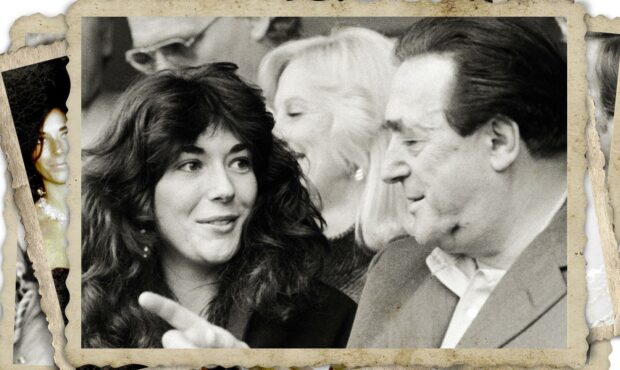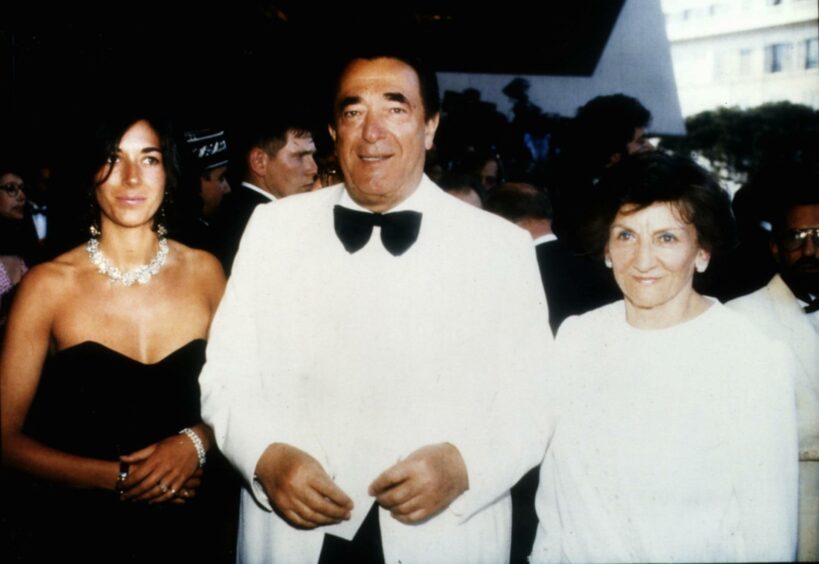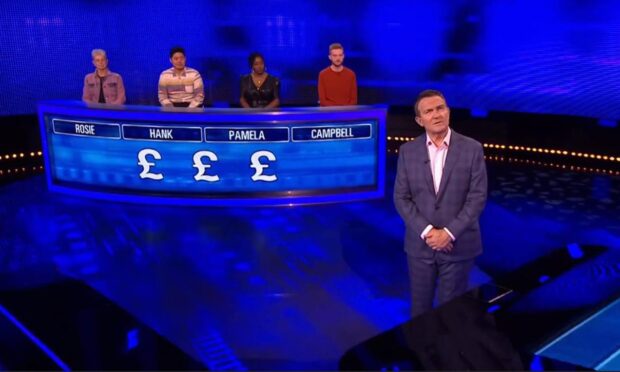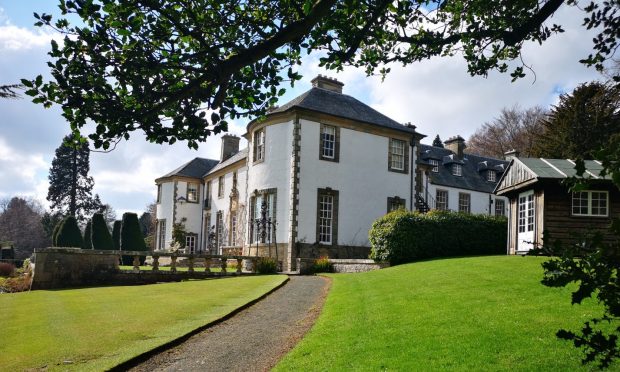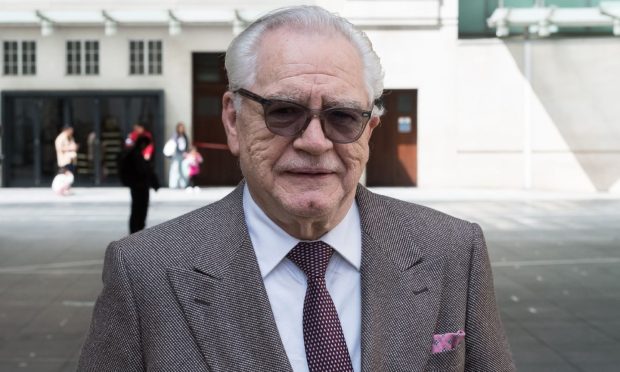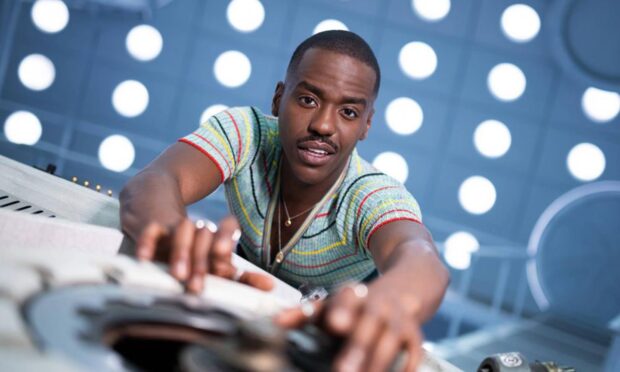The Maxwell family are – hear me out on this – a bit like Leonard Cohen’s song Hallelujah.
Do you know the brooding early versions by Cohen or John Cale? Or do you like Alexandra Burke’s bombastic X-Factor-winning Christmas number one from 2008?
The same generational aspect was in play in the engagingly scandalous House of Maxwell (BBC One; no relation to the coffee).
Infamy of father and daughter
Do you know the name Maxwell from patriarch media baron Robert Maxwell’s fatal fall from his yacht the Lady Ghislaine in the waters off the Canary Islands in 1991, revealing massive fraud within his publishing empire?
Or do you know it from his youngest daughter Ghislaine, who in December last year was found guilty of sex trafficking, like her similarly convicted associate, the late Jeffrey Epstein?
In this first episode there was enough turmoil and insight for a whole miniseries in itself.
The subject here was entirely Robert, who’s painted initially as a two-dimensional media baron in the mould of Succession’s Logan Roy.
Yet even what was known about Maxwell when he was alive presents a character who’s larger than life. A decorated war hero who fought with the Czechs and then the British, he was a Labour MP for much of the 1960s.
By the 1980s he heads the Mirror group of newspapers, and is obsessive in pursuit of overtaking his great rival Rupert Murdoch.
Maxwell tells the press he intends for the Mirror to overtake the circulation of the market-leading Sun within two years, but he doesn’t just want to stop there.
Next, he sets his sights on New York, taking over the tabloid the Daily News and setting himself up as a great socialite.
A self-made socialite
“People care about the soft power and the emotional stuff, they don’t care about the other things,” says one contributor.
Whereas in Britain Maxwell spoke with Lordly refine and confidence, in New York he slipped into the city’s own more ostentatious version of high society.
At grand functions he’d pore over seating charts and show up in dazing, Arabic-style robes, making an instant impression.
Throughout it all, his children are in the background – especially the glamorous and fun Ghislaine, apparently his favourite, his ‘gal on the ground’.
But her story’s for later episodes, just like everything that financially came out in the wash after Maxwell died.
What there is, though, is striking, especially if you’ve never read anything about Maxwell’s storied life.
The narrative hops around from an archive home video re-enactment of what happened on the yacht and the telephone conversations around it, to Berlin immediately after the War.
Shadowy links to power
Here, an unofficial biographer tells us, he became a renowned black marketeer with as close links to the Soviets as to the Western sector, but it was MI6 whom he asked to help fund his publishing empire.
Later, in the days preceding his death, he’s seen visiting the town where he came from, where his entire Jewish family were wiped out by the Nazis and only he escaped.
He weeps on camera as he thinks of them.
Nothing is presented so far to tell us his or his daughter’s reputation as almost cartoon villains isn’t deserved.
Yet in as much detail of the elder Maxwell’s life as it managed to cram in, no doubt is left that he was certainly one of the 20th Century’s most complex figures.
